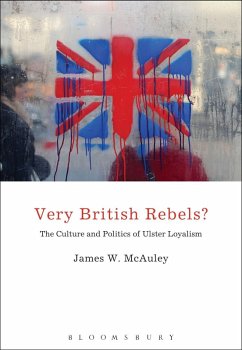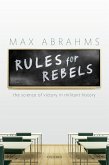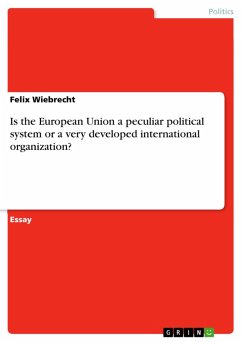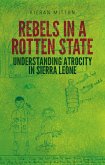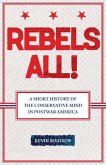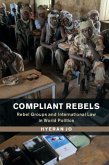Challenging traditional narrow views, this unique work proposes to rethink and reinterpret Ulster loyalism from the beginning of the "Troubles" to the present day, by tracing its religious, paramilitary, political, and community influences.
The work examines the core values of loyalist communities, the roots of violence, and the shift toward peaceful coexistence with former enemies. Also discussed are the DUP's claims that it represents loyalism's "true voice" along with the complex and varying degrees of commitment to the Crown, the Protestant Faith, and the British governance of Northern Ireland. Lastly, it looks at how cultural expressions of loyalist identity, such as poetry or cartoons, are being used in the (re)construction of a loyalist memory.
Written by a leading expert on Ulster loyalism, the work is based on extensive interviews with loyalists and loyalist literature to provide an inside account of the processes of loyalist identity formation and transformation. Drawing on political science, sociology and cultural studies, it will appeal to anyone interested in Irish politics as well as conflict and peace processes.
The work examines the core values of loyalist communities, the roots of violence, and the shift toward peaceful coexistence with former enemies. Also discussed are the DUP's claims that it represents loyalism's "true voice" along with the complex and varying degrees of commitment to the Crown, the Protestant Faith, and the British governance of Northern Ireland. Lastly, it looks at how cultural expressions of loyalist identity, such as poetry or cartoons, are being used in the (re)construction of a loyalist memory.
Written by a leading expert on Ulster loyalism, the work is based on extensive interviews with loyalists and loyalist literature to provide an inside account of the processes of loyalist identity formation and transformation. Drawing on political science, sociology and cultural studies, it will appeal to anyone interested in Irish politics as well as conflict and peace processes.

